- Blogs
Carville: A Town the World Tried to Forget
A journey into the Louisiana community shaped by fear, resilience, and the extraordinary humanity that flourished behind its gates. If...
one person is diagnosed with leprosy.
Your SOS gift delivers life-changing care from diagnosis and healing to dignity and joy.
Did you know that the armadillo is one of the few animals that can contract leprosy and pass it to humans?
By collecting and returning containers, you’re helping protect the planet and changing lives for people affected by leprosy.
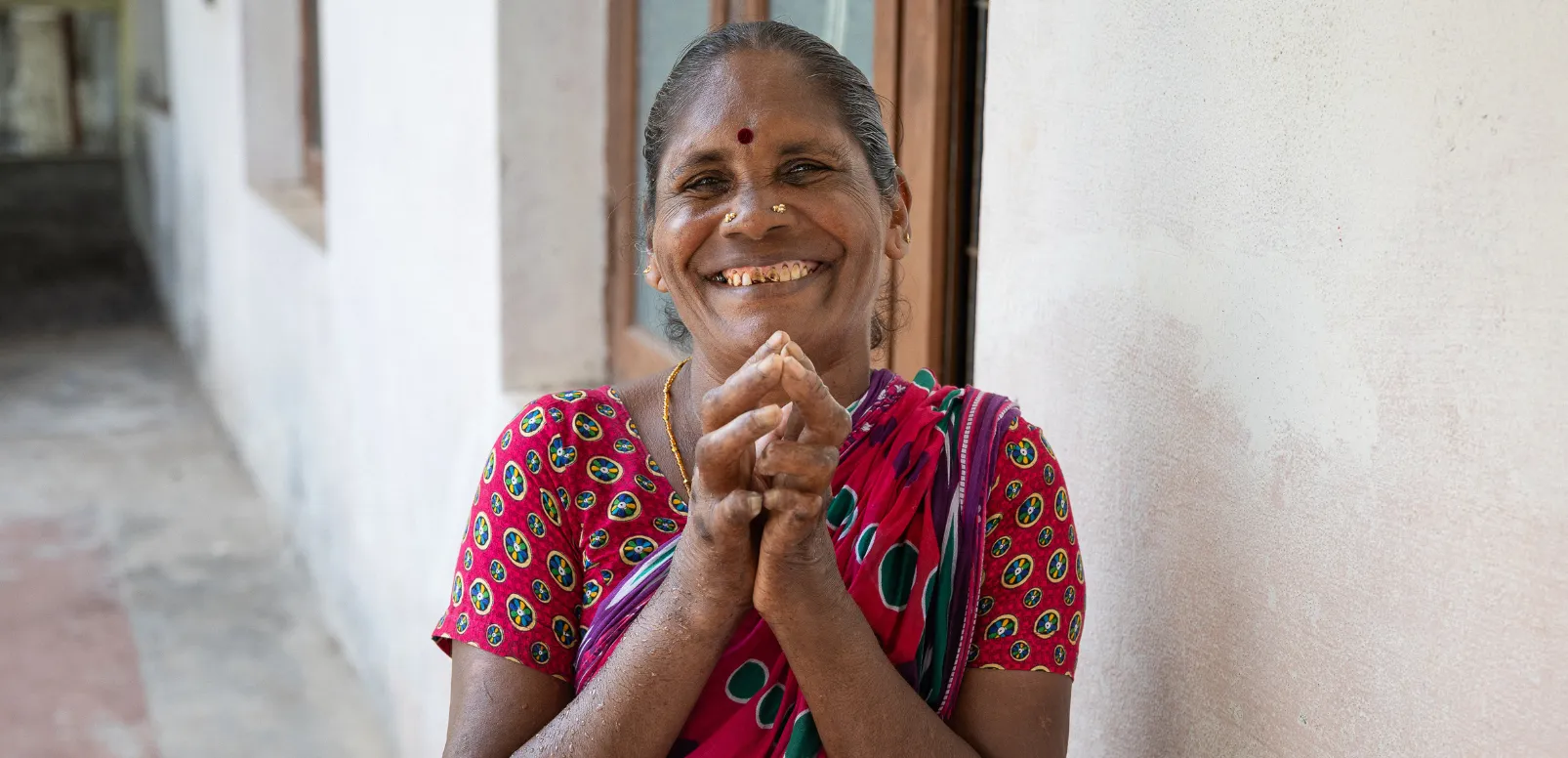
In parts of southern India, people affected by leprosy still walk barefoot—unaware that each step could change their life forever.
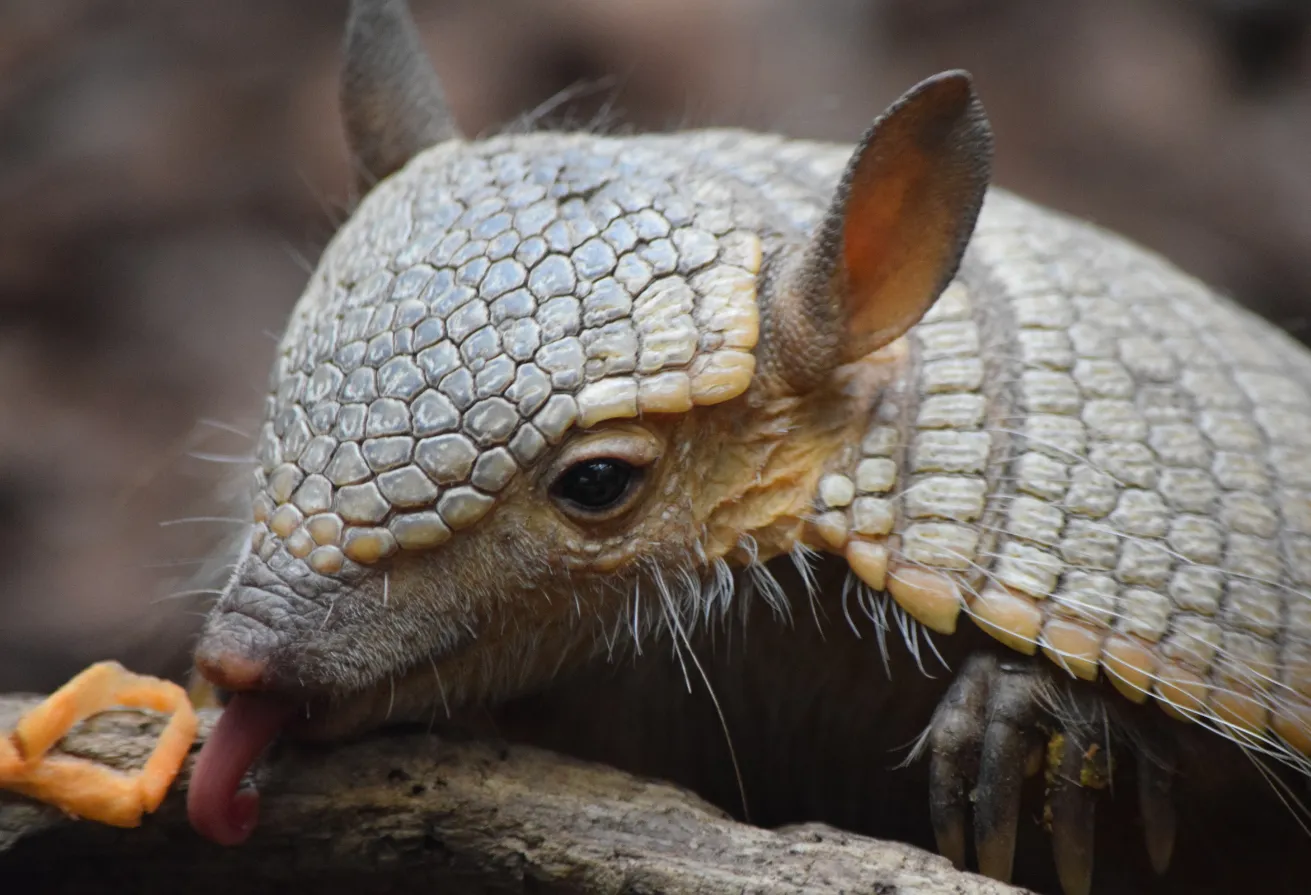
You probably don’t think about armadillos too much. You might know that they have hard shells. Or that they can roll up into a ball to escape danger. But what a lot of people don’t know is that there’s another very big reason armadillos are so important – they can get leprosy too.
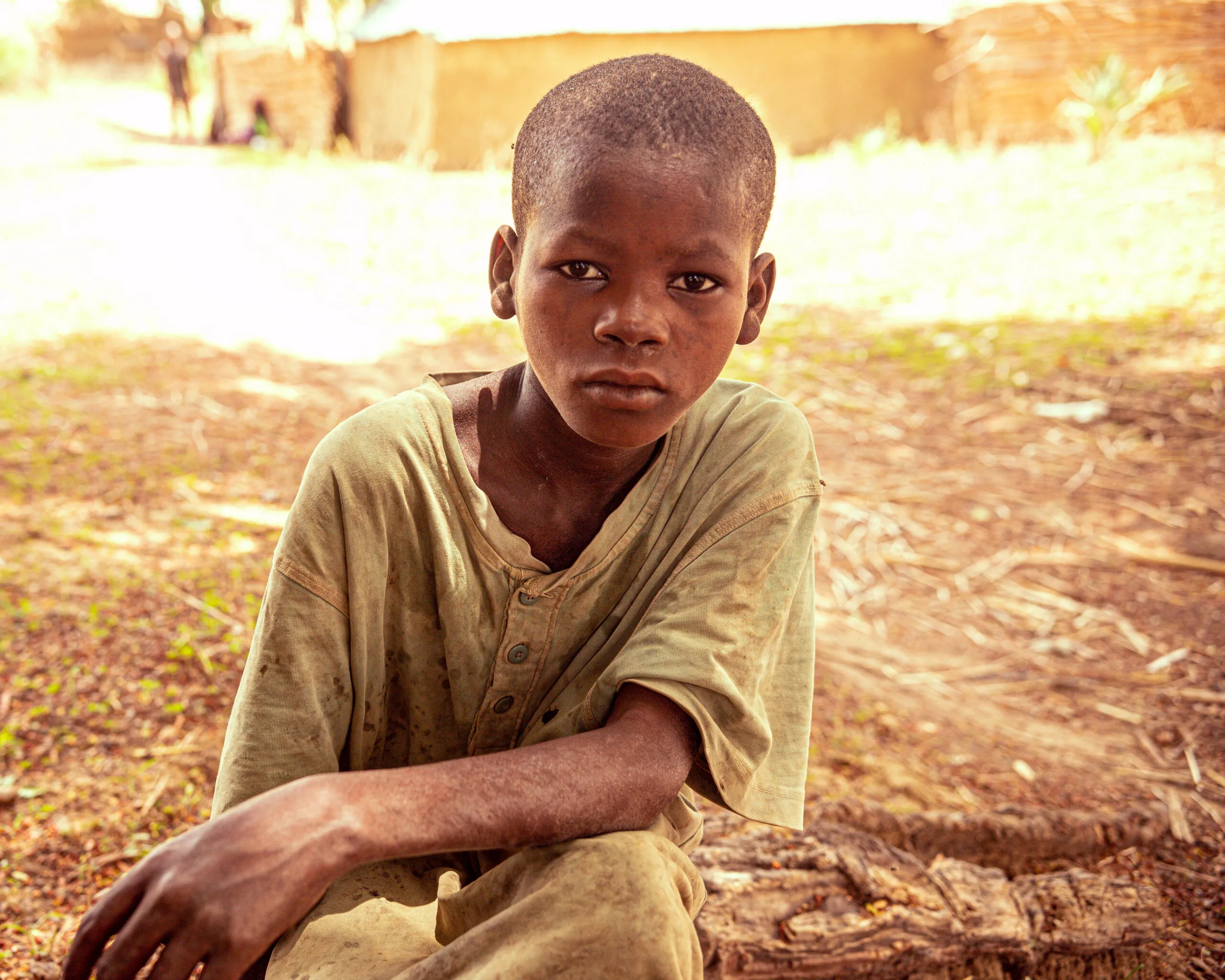
Nigerians affected by leprosy are celebrating today, as the supply of their treatment medication has resumed after a year-long delay.
Thousands of leprosy patients, including over 800 children, have suffered over the last year, as bureaucratic issues halted the supply of the Multi-Drug Therapy (MDT) they desperately need.
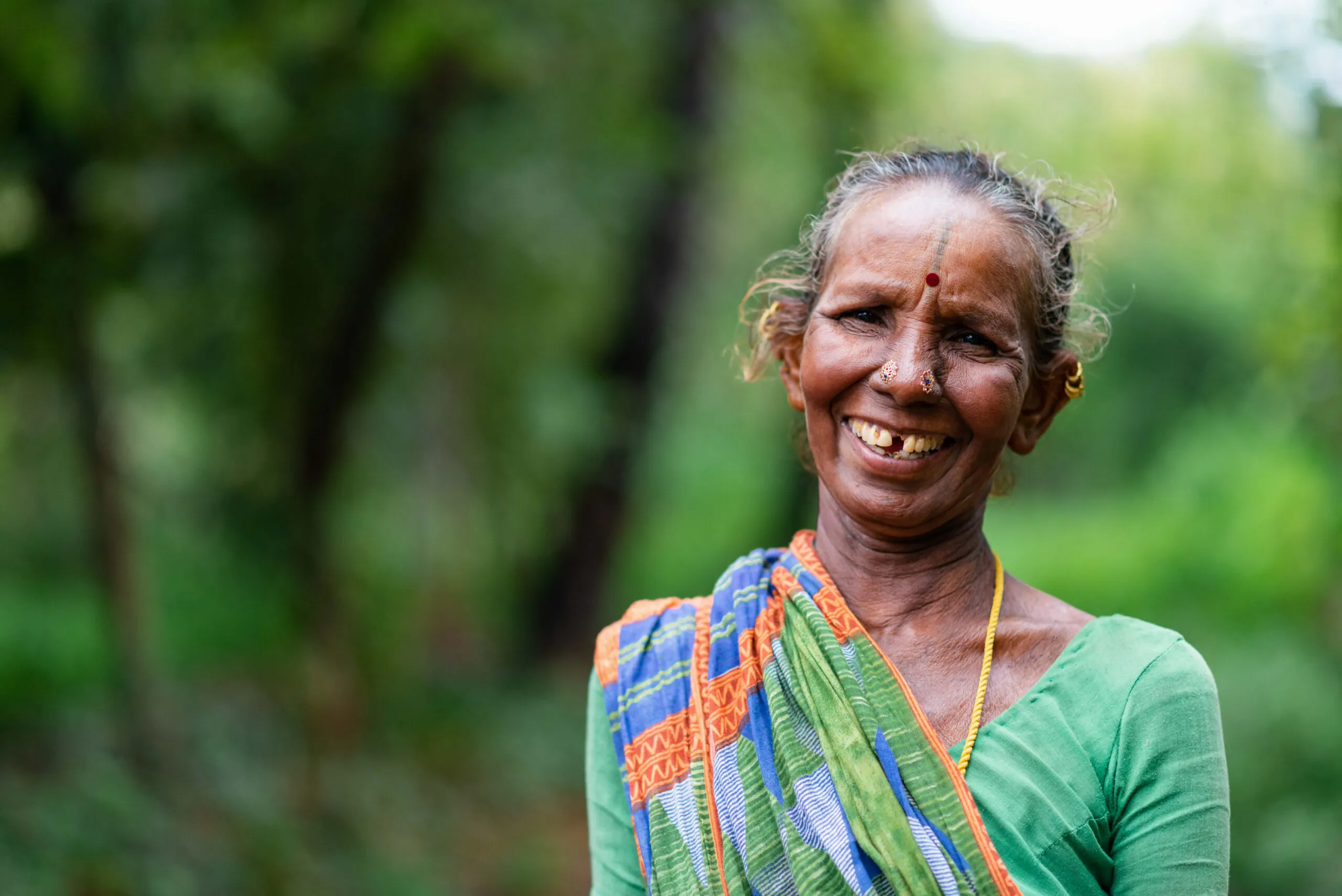
In 2024, Dr Itu Singh (pictured below) from The Leprosy Mission Trust India received the Research Excellence Award in the category of Best Innovation in an Extramural Category from the Indian Council of Medical Research.
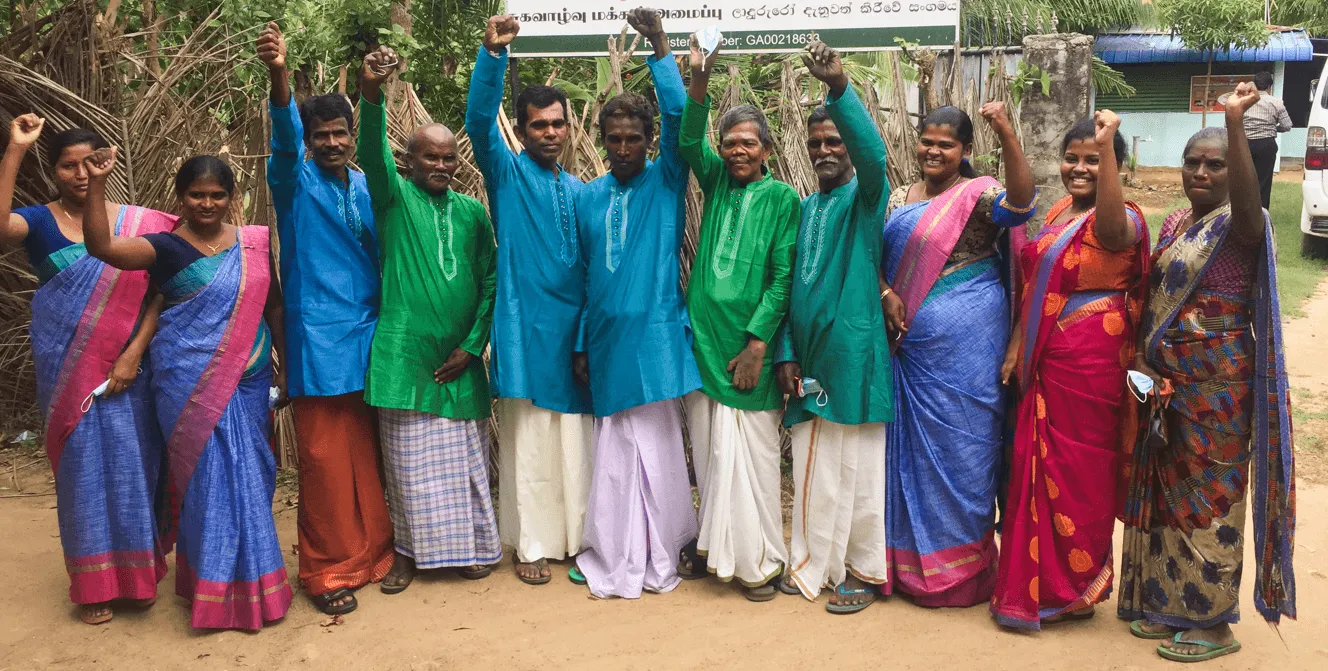
Discriminatory laws against people affected by leprosy still exist in more than 20 countries worldwide, including Australia.

On a lovely grassy hill outside Winchester in southern England once stood a hospital named after St Mary Magdalen, the patron saint of leprosy.
There’s nothing there now, but the name of the hill—Magdalen Hill—prompted archaeologists to dig there in 2008, searching for graves that once lay next to the medieval hospital.

The British Royal Family continues to confront the stigma surrounding leprosy, with Her Royal Highness Sophie, Duchess of Edinburgh, continuing a legacy of compassion and inclusion.
By clicking Subscribe you're confirming that you agree with our Terms and Conditions